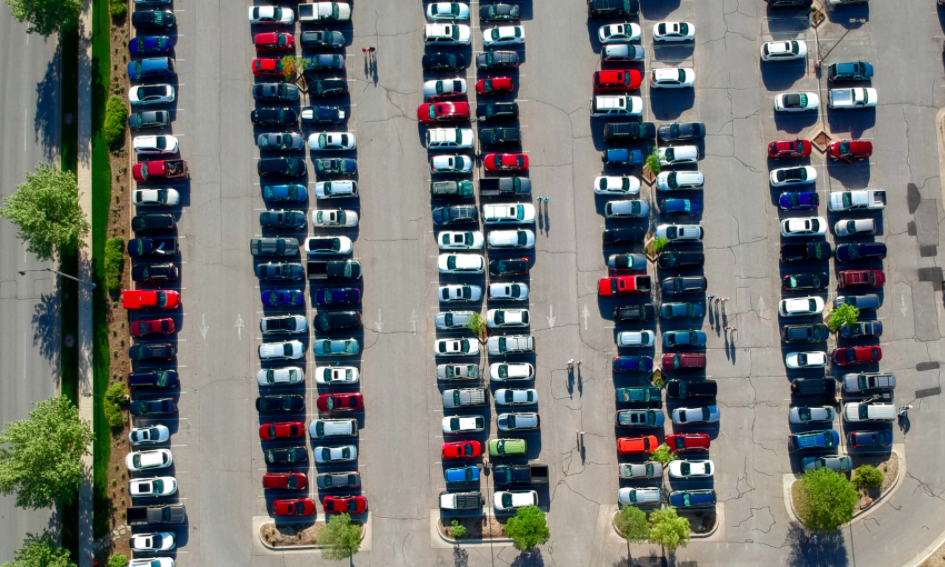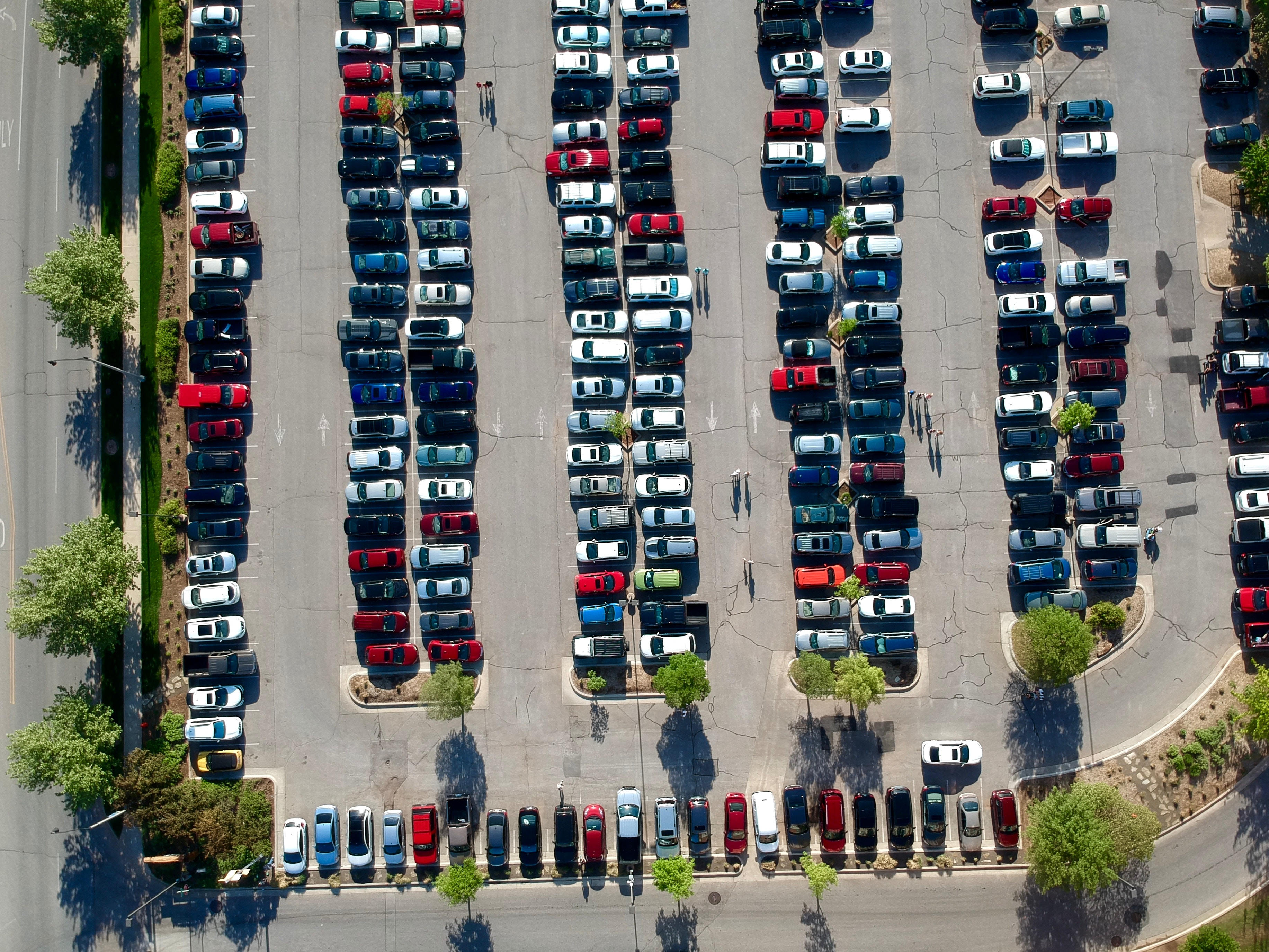Smart Cities Remodeling Transportation Space to Defeat COVID-19
The onset of the pandemic has changed many things about the current world order. In the last few months, every sector has undergone a bevy of reforms to survive the blow of coronavirus. An interesting new trend we can see in some cities is a repurposing of transportation and parking spaces to combat COVID-19 and accommodate the changes that have arisen as a result. Who would have thought that parking spaces could serve a greater purpose and help in saving lives? But, this is exactly what is happening in smart cities that are repurposing transportation systems and spaces. Read more about Smart Cities Remodeling Transportation Space to defeat COVID-19

Huge parking lots in offices, malls, hotels, and other buildings are being remodeled into healthcare facilities, quarantine units, and even temporary shelters. Smart technology and planning is more relevant now than ever before and can help in supporting citizens during this global health crisis.
From ghost towns to healthcare hubs
It is no secret that the frontline workers- doctors, nurses, volunteers, delivery persons, law enforcement officials- are at a greater risk of exposure to the virus. Social distancing, wearing masks, and maintaining good hygiene can surely reduce the number of cases, but in the lack of a cure, there is always a possibility of resurgence. In such a situation, the frontline workers may also put at risk their family and friends.
To prevent this, smart cities are transforming empty parking spaces into healthcare facilities. Hospitals are being overrun due to the sheer number of cases and lack of beds. Therefore, city governments and councils are setting up temporary hospitals in vast empty parking lots to treat patients while following social distancing.
Moreover, such transportation spaces can also be used to provide temporary shelter to the homeless and migrants.
Embracing the new normal
But how are smart cities remodeling transportation space to defeat COVID-19? In the USA, Bloomberg Philanthropies in collaboration with NACTO has stepped up to create an online resource portal for city transport operators and officials. To provide them with real-time information and additionally plan to use parking spaces as restaurant food pick-up zones, clinics, etc.
They have also launched initiatives like COVID-19 Local Response Initiative and COVID-19 Local Action Tracker to help cities respond actionably to the situation.
Also Read: Only 5% of Americans Trust Public Transport. Why?
Transforming transportation with innovation
It is estimated that transportation sources are responsible for at least one-third of air pollution in India. During the COVID-19 lockdown, PM2.5 concentration has reduced drastically by about 50%, and the pollution contributed by road transportation has also seen a decrease.
Thus, the lockdown has proven to be beneficial for air quality, not just in India but in other countries as well. To bolster this trend, many countries like Colombia and the USA are encouraging bicycles as a means of transport. The bicycle limits contact with others in addition to reducing air pollution and providing good exercise to the rider. Special bike lanes and traffic signal provisions are coming up to incentivize people to switch to this healthier alternative.
The pandemic can speed up the smart mobility process as the lockdown has given city governments the time to introduce major technological changes in the transportation system. Pop-up bicycle lanes, smart parking management, and intelligent traffic control systems; are all real-world solutions that can help tackle the coronavirus.
The future is now
Transportation is a fundamental part of our lives, and thus the potential it holds for growth and change is unparalleled.
Public transport is the lifeline of any modern city. There is a need to secure funding and make it more attractive for passengers during the pandemic. A large shift to safe and hygienic usage of public transport will be more sustainable. It will also reduce the number of personal vehicles on the road, and in turn, leaving the large transportation spaces empty. These can then be repurposed or transformed by the city governments to treat COVID patients, provide a resting space to frontline workers, and serve as quarantine units.

